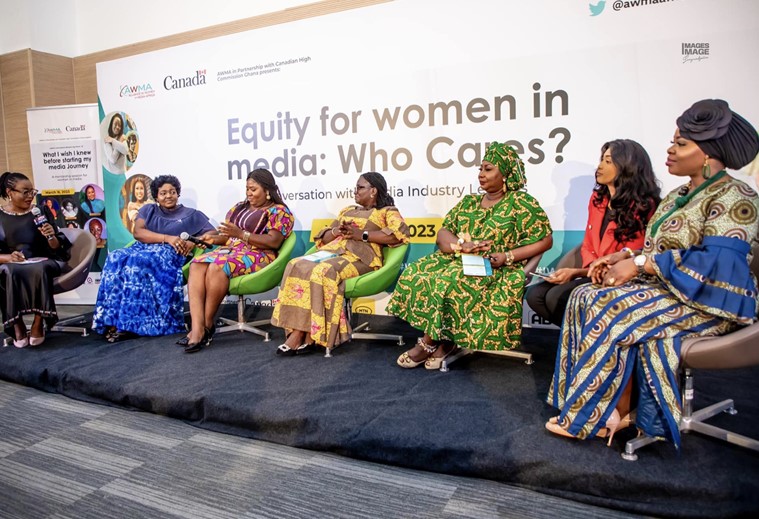
Even though Ghana was one of the first countries in Africa to address women’s rights and gender conventions, many patriarchal social norms prevail that drive these gender gaps.
According to a study from Statista, in 2021 Ghana’s gender gap index score was 0.67, meaning that women in the country were 33 percent less likely than men to receive the same opportunities as males in the country. Furthermore, women earn about 30% of what their male counterparts do and are more likely to be employed in low-paying sectors. However, local non-profit organizations such as the Alliance for Women in Media Africa and Women in Mining, have been working to implement a more promising future for women in Ghana through a variety of programs.
Women in Media
The Alliance for Women in Media Africa, founded by Shamima Muslim, has been able to have an important influence on the media landscape thanks to its progressive mission to empower women in Ghana and promote better representation. Despite being a young organization, AWMA now has 200 members and 50 partners, with the majority of its members being successful women who work in a variety of media, including PR and corporate communications.
After giving birth back to back, Shamima felt overwhelmed by the balance of pregnancy, work, and family. She also sensed a general lack of support provided by the media companies from maternity leave to flexible work hours. This made it hard for her to return to work, leading to an extended leave of absence. During her time away from work, she felt empowered to create an organization where other women wouldn’t have to fight these battles alone.
AWMA provides services through three specific program initiatives that were developed in response to the first-ever national survey on the status of women in Ghana media. These findings, commissioned by the University of Ghana, helped AWMA envision a media sector where women are in positions of power to contribute to inclusive global debate and share stories that fairly represent the voices of women.
AWMA’s primary initiative, Women in Media, addresses the lack of clear career development. According to a study published by the United Nations, women’s jobs in media become monetarily stagnant after they reach the age of 40 to 45 since only 17.7% of women serve on corporate boards. Typically, these higher positions are given to male CEOs who fit patriarchal norms. Because of this, a lot of women quit their jobs in the media to pursue more lucrative careers in corporate communications. To make the media industry more equitable, AWMA uses its resources to host seminars and workshops where women can find support, obtain mentorship, develop their skill sets, and network with other professional females in the industry.
Second, they have a program called End Violence that combats all types of violence against women and girls, whether domestic or in the workplace. One of the main problems that ultimately causes women to want to leave the media industry is sexual harassment. Male CEOs tend to use their superior position to coerce women into sexual activity and with the lack of institutional options for redress, these women in the media are forced to abandon their dreams. With the End Violence program, AWMA advocates for social welfare with a focus on sexual assault and harassment. In fact, AWMA developed a sexual harassment guide and a gender-sensitive code to teach people that sexist remarks, verbal abuse, and persistent reference to body parts are all examples of sexual harassment. Now numerous media companies in Ghana have instituted clear promotion protocols and adopted this handbook to reduce incidents of harassment, sexism, and discrimination.
Third, to promote more diverse media representation, their Governance and Accountability Programme helps to properly train female journalists. Unfortunately, mainstream media tends to focus on a woman’s appearance or the structure of her family rather than the important problems at hand. As Ghana’s district assembly elections approach just next year, the program’s primary goal is to increase the capacity of female journalists who must responsibly report on female candidates.
“If we want women in the media to rise within the landscape into positions of leadership and management, then we’ve got to support that growth, recognize that growth, and reward that growth.” -Shamima Muslim

Because of its network and strong coalition of female members, AWMA has made a significant impact on the media in such a short period. AWMA has also been able to secure funds from the US Embassy and the Canadian High Commission by utilizing all of its resources. Even today, UNESCO’s evaluation of Ghana’s media has a reference to AWMA. This grassroots organization’s efforts demonstrate that our strength lies in our unity. Shamima expresses optimism for the Alliance of Women in Media’s ability to secure further funds and create a headquarters in the near future.
Women in Mining
Georgette Barnes, the President of Women in Mining Ghana, has been creating initiatives to attract more women to the mining industry and to retain those already working. After working in the mines for years, Georgette claims that she discovered that there wasn’t enough female representation in her field. At that point, she started thinking about how to make more women visible, and she realized she needed to spread awareness. In 2015, WIM was registered as an organization and has since supported women’s growth through advocacy, education, mentoring, and networking at all levels of participation.
Ghana as a whole is known for its rich gold deposits and efficient extraction of minerals. Globally, there is a high demand for such resources and because of its value, mining is an industry that can provide a lot of economic opportunity. Due to cultural norms, mining has historically been viewed as a physically hard and dangerous profession that primarily employs men. This impression has shaped a male-dominated industry, which has resulted in a gender gap in the workplace as 85 – 95 percent of the workforce in Ghanaian mines are men. Unfortunately, a lot of women have never even considered a job in mining, it is a vocation that women are discouraged from pursuing. But with a career in the mines, women can find high monetary compensation that will help them achieve economic empowerment.
“We need to speak up, we need to be represented because you go to a lot of places where decisions are being made and you find that the female representation is low.” – Georgette Barnes
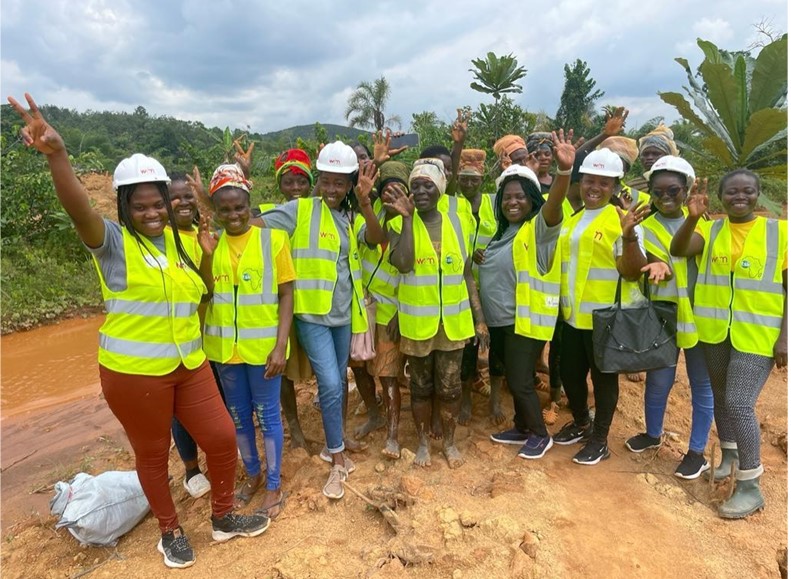
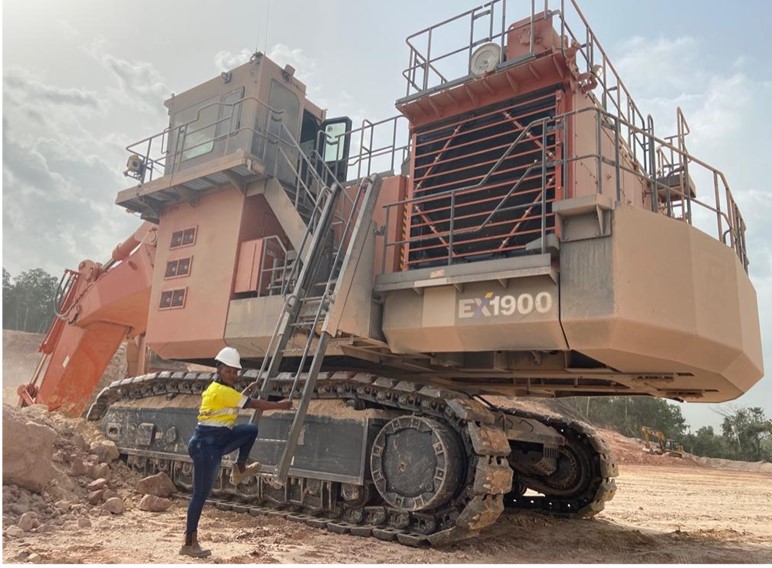
To create a pipeline for female miners, WIM has been advocating for legislation that supports gender equality and sustainable mining operations. In addition, several of WIM’S engineers and geologists have been speaking with younger girls at schools to attract a wider demographic. Georgette claims that WIM is more well-known now than ever before. Their first conference for women in mining will take place in a few weeks where they’ll have the chance to voice their opinions and take a position on specific choices.
Conclusion: Shamima Muslim and Georgette Barnes are two natural-born leaders who are mobilizing for a more equitable future. As the founders of grassroots organizations, they have been able to successfully build strong coalitions of women in their communities and overcome patriarchal beliefs. If there is anything I’ve learned from speaking with these women, it is that our strength lies in unity. To improve the status of women and gender equity, women must continue to take action by engaging in policy, raising awareness, and supporting one another.
The post Ghanaian women mobilize through grassroots to promote gender equity appeared first on Citinewsroom - Comprehensive News in Ghana.
Read Full Story
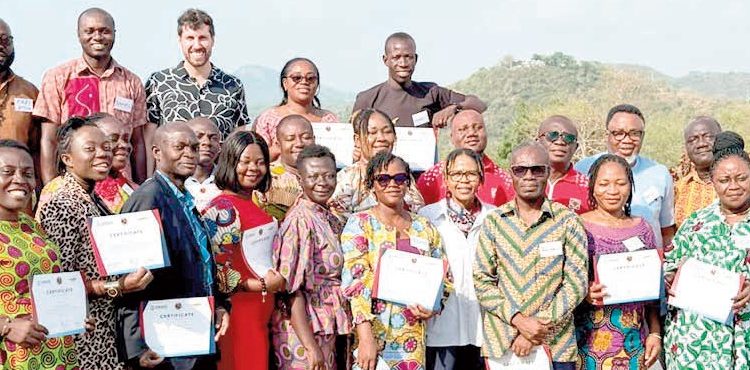

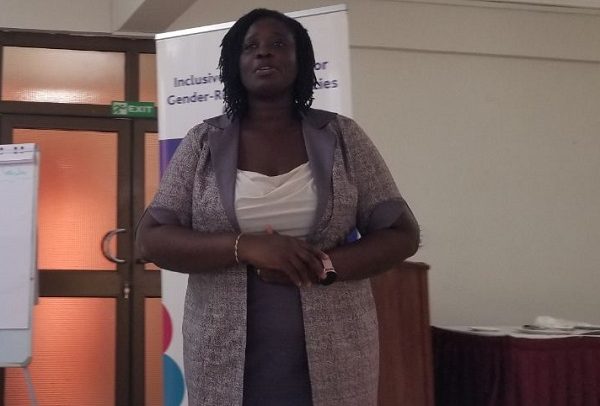
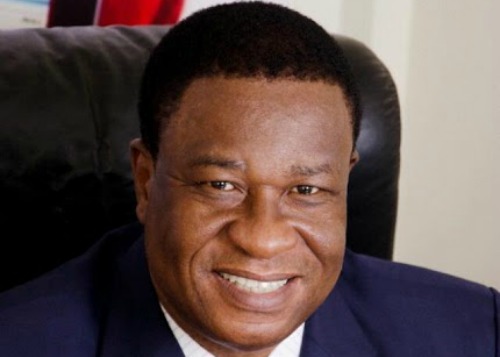
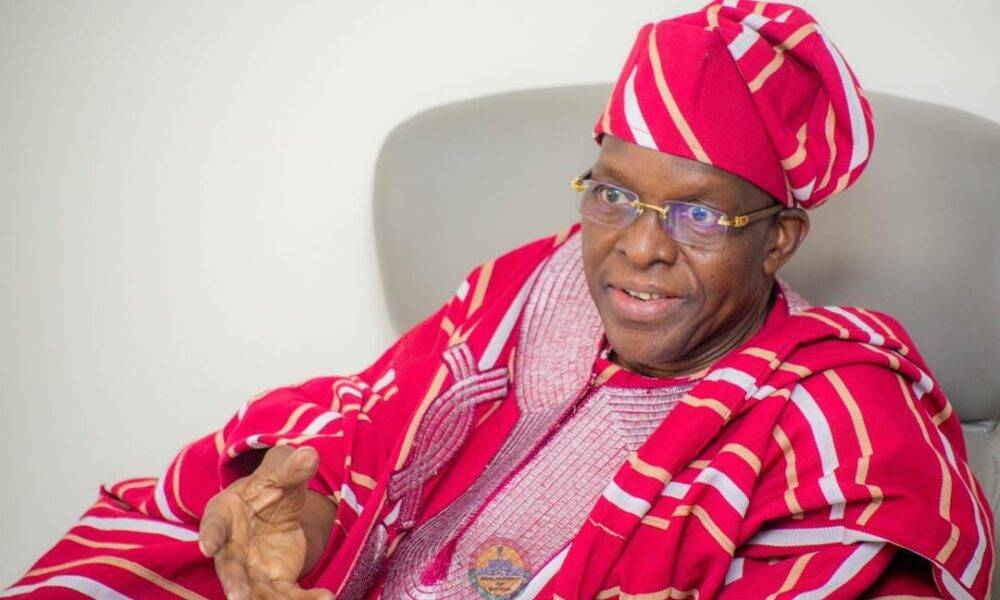
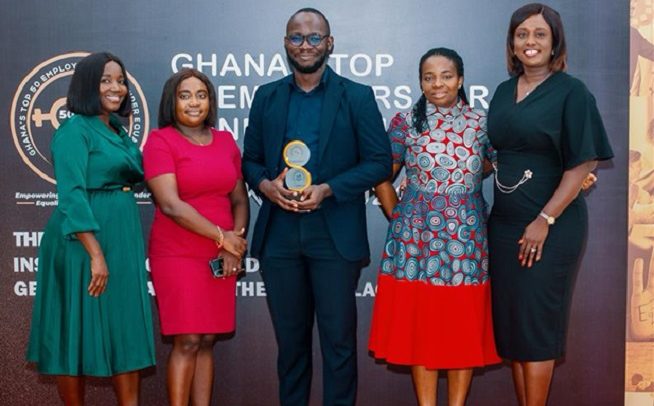













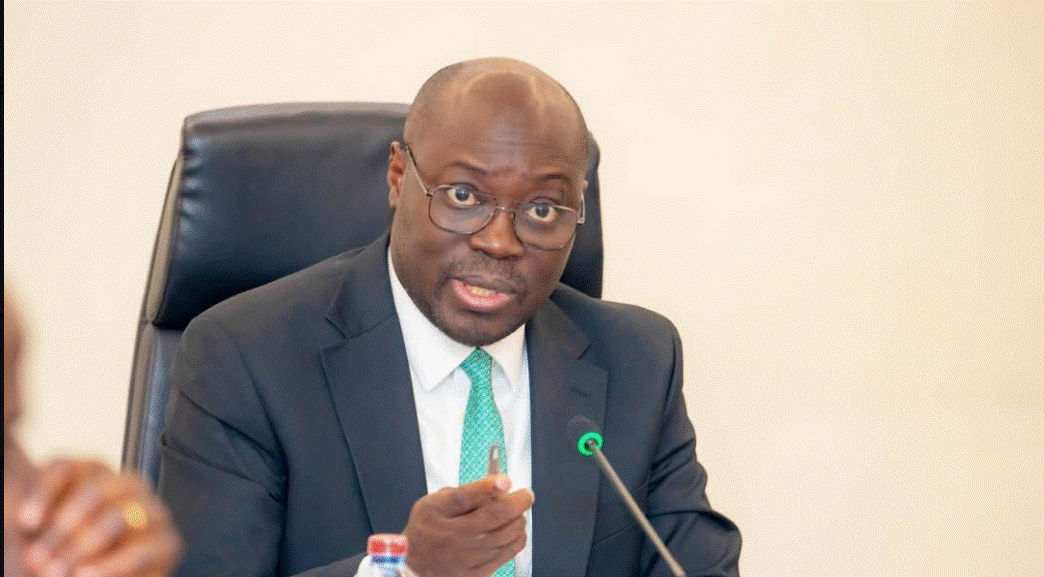
Facebook
Twitter
Pinterest
Instagram
Google+
YouTube
LinkedIn
RSS